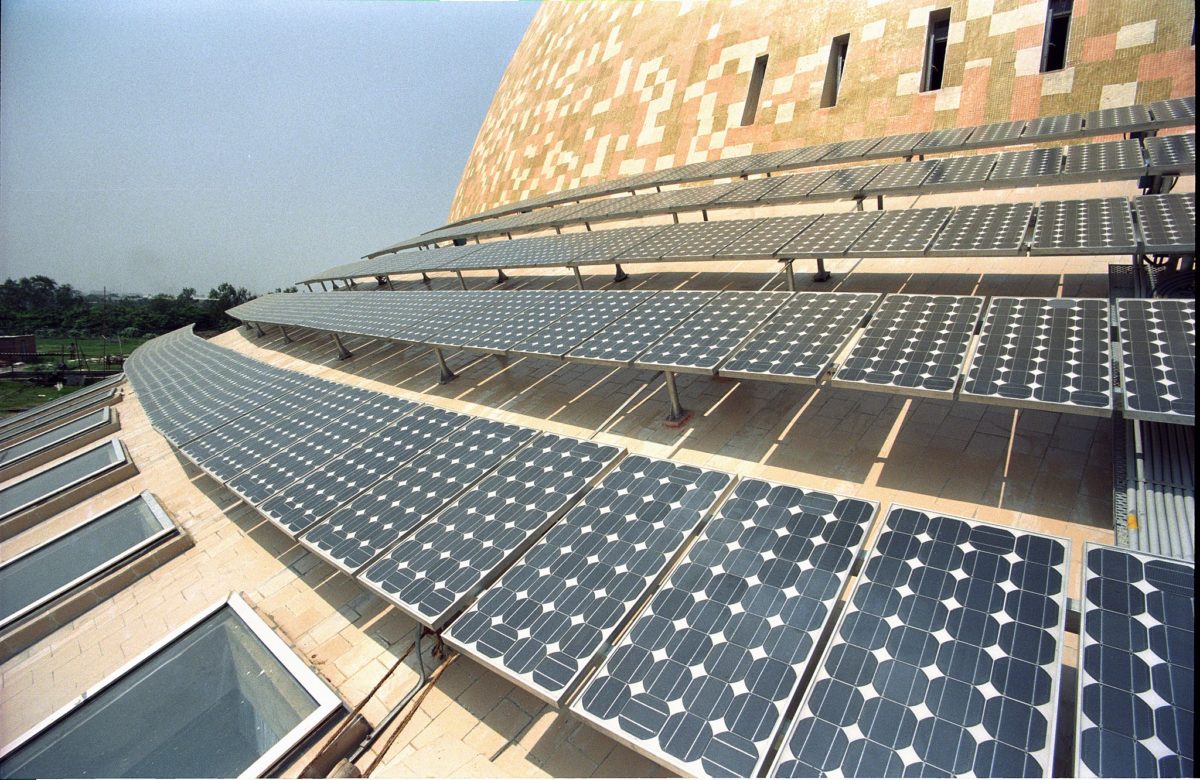The Indian government and German development bank KfW will launch a rooftop solar program with the aim of reducing the cost of solar power generation to Rs2.50/kWh.
Minister of micro, small and medium enterprises, Nitin Gadkari, said the government is working on reducing the cost of solar power, logistics and capital.
“We are trying to reduce power cost,” said Gadkari in New Delhi on Tuesday. “We are bringing a rooftop solar scheme with KfW, with the help of which the cost of power will be Rs2.5/kWh at maximum. If we want to be competitive in the international market we need to reduce capital, logistics and power costs. The industry must come forward to help achieve this.”
Wide variation
Power tariffs vary widely across India, with Goa offering electricity at Rs1.40/kW for the first 100 kW, Andhra Pradesh Rs2.65, Delhi Rs3, Gujarat Rs3.05, Karnataka Rs3.70 and Himachal Pradesh Rs3.95. The cost of power rises sharply at different stages of consumption, typically after the first 50 kW, according to website bijlibachao.com. Some states charge Rs80 for the first 30 kW and Tamil Nadu offers the first 100 kW free.
In Rajasthan, owners of solar water heaters qualify for a R0.25 rebate per kilowatt-hour up to a maximum Rs300 per month for five years, subject to approval by the Jaipur electric distribution company.
The patchwork of power tariffs ensure an uneven price for electricity across the nation.
“The reduction targets presented so far are not sufficient to achieve the 2C [degrees Celsius] target,” said Peter Hilliges, head of the energy and climate competence team at KfW, in relation to the Paris Agreement on limiting global heating. “It is necessary to increase ambitions substantially and to better protect the climate by reducing greenhouse gas emissions and storing carbon in natural systems. In our view, the major emitters in particular must improve their climate targets and plans (nationally determined contributions, NDCs),” Hilliges told the UN Convention of Parties climate change gathering in Madrid.
This content is protected by copyright and may not be reused. If you want to cooperate with us and would like to reuse some of our content, please contact: editors@pv-magazine.com.








2 comments
By submitting this form you agree to pv magazine using your data for the purposes of publishing your comment.
Your personal data will only be disclosed or otherwise transmitted to third parties for the purposes of spam filtering or if this is necessary for technical maintenance of the website. Any other transfer to third parties will not take place unless this is justified on the basis of applicable data protection regulations or if pv magazine is legally obliged to do so.
You may revoke this consent at any time with effect for the future, in which case your personal data will be deleted immediately. Otherwise, your data will be deleted if pv magazine has processed your request or the purpose of data storage is fulfilled.
Further information on data privacy can be found in our Data Protection Policy.